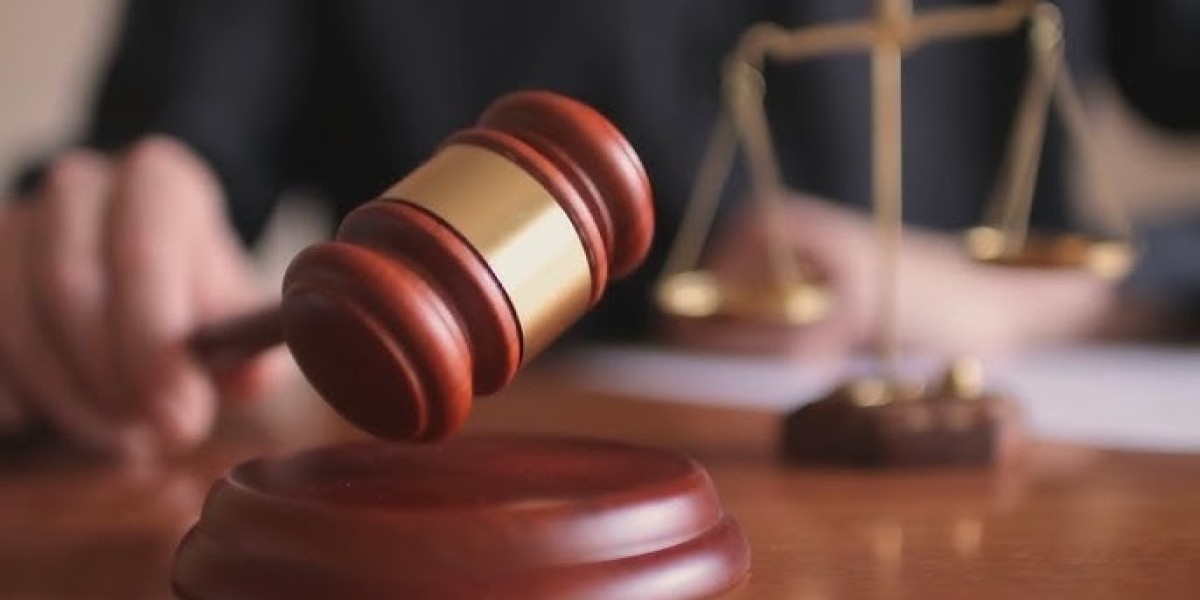There are a growing number of online platforms that can help you understand legal concepts and even generate basic legal documents. However, be very cautious with these. They can be great for general information, but they are not a substitute for advice from a real lawyer.
How to find them: You can find websites and chatbots that explain legal terms, but always remember that they cannot provide personalized advice for your specific situation.
how a copyright lawyer can help
Texas police brutality lawyers
best workers’ compensation lawyer in Virginia
Top bus accident lawyers in New York
Kansas Bar Association and USATrustedLawyers
legal framework of car accident cases
Important Considerations:
Be Prepared: When you contact any of these resources, have your documents and a clear, concise summary of your situation ready. This will help the lawyer or organization determine if they can help you quickly.
Eligibility: Most free legal aid services have income requirements. Be prepared to provide information about your financial situation.
Not All Cases are Taken: Unfortunately, even legal aid organizations can't take on every case. Your case might not be something they handle, or they may have a backlog. Don't be discouraged if the first place you contact can't help; try another.
wrongful death claim in Georgia
best truck accident lawyers in New Jersey
hiring a tax lawyer in Pennsylvania
probate lawyers charge per hour in Georgia
Virginia workers’ compensation lawyer
nursing home abuse lawyers in Washington
mesothelioma lawyers near me in Oklahoma
medical malpractice case in Texas
Drunk driving accident lawyers in Houston
AI is NOT a Lawyer: Remember, as an AI, I am a tool for information, not a substitute for a human legal professional. I cannot offer legal advice or represent you in any capacity.
By using these resources, you can connect with qualified legal professionals who can provide the free, honest, and straightforward advice you're looking for.
Documentation is Everything
Create a Paper Trail: For any important interaction, whether it's with a landlord, a contractor, an employer, or a spouse, create a record. Use email, even if you’ve had a verbal conversation. A quick email saying, "Just to confirm our conversation today, we agreed that..." can be a critical piece of evidence later.
bus accident attorney near me in North Carolina
bankruptcy lawyers near me in Illinois
divorce lawyers make in New Jersey
child custody lawyers support your case in Virginia
Copyright lawyers in Massachusetts
wrongful death lawyers in the USA
Keep a Journal: For ongoing issues like a dispute with a neighbor, a workplace issue, or a personal injury, keep a detailed, chronological journal. Write down the date, time, what happened, who was there, and any specific quotes or observations. This can jog your memory and create a powerful narrative.
Take Photos and Videos: Digital evidence is incredibly valuable. If there's damage to your property, a dangerous condition, or something you want to document, take a time-stamped photo or video.
The Power of "No Comment"
Don't Talk to the Police (Without a Lawyer): This is one of the most important pieces of advice from criminal defense attorneys. Politely and clearly state, "I am exercising my right to remain silent, and I would like to speak to an attorney." Do not elaborate. Do not try to explain your side of the story. Anything you say can and will be used against you.







